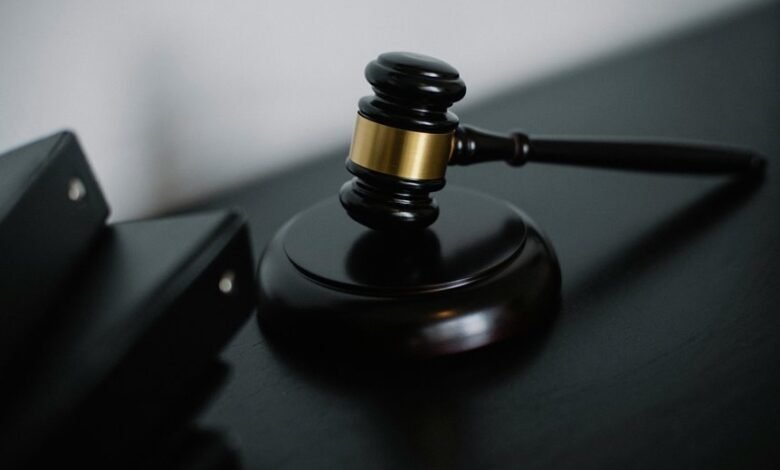Sucumbência: O Que é e Como Afeta o Processo Judicial

Succumbency, a critical concept in the legal arena, reflects the tendency of judicial decisions to yield to external influences. This phenomenon can distort the administration of justice, often leading to biases shaped by public opinion and media narratives. Understanding its implications is essential for evaluating the integrity of the judicial process. As pressures mount, the question arises: what measures can effectively counteract this troubling trend?
Understanding Succumbency in the Legal Context
Succumbency, defined as the condition of yielding to a superior force or authority, plays a critical role in the legal context, influencing both the interpretation of laws and the outcomes of judicial proceedings.
Judicial biases often emerge from this dynamic, raising significant ethical considerations. Such biases can distort justice, challenging the principles of fairness and equality, which are essential for maintaining a free society.
The Impact of External Pressures on Judicial Decisions
External pressures significantly influence judicial decisions, often shaping the outcomes of cases in ways that may compromise judicial impartiality.
These pressures, stemming from media scrutiny, political influences, or public opinion, can erode judicial integrity. Consequently, judges may prioritize public perception over unbiased judgment, ultimately undermining the rule of law and fostering a climate of distrust in the judicial system.
Strategies to Mitigate Succumbency in the Courtroom
Although external pressures can significantly sway judicial outcomes, there are several strategies that courts can implement to mitigate the effects of succumbency in the courtroom.
Enhancing evidence presentation through rigorous standards encourages objectivity, while promoting courtroom decorum fosters a respectful environment.
Conclusion
In conclusion, succumbency poses a profound challenge to the integrity of the judicial process, resembling a shadow that looms over the scales of justice. Like the fabled Hercules confronting the Hydra, courts must address multiple heads of bias to restore balance and fairness. By implementing robust standards of evidence and fostering transparency, the judiciary can reclaim its role as a bastion of impartiality, ensuring that the rule of law prevails amidst external pressures and societal expectations.





